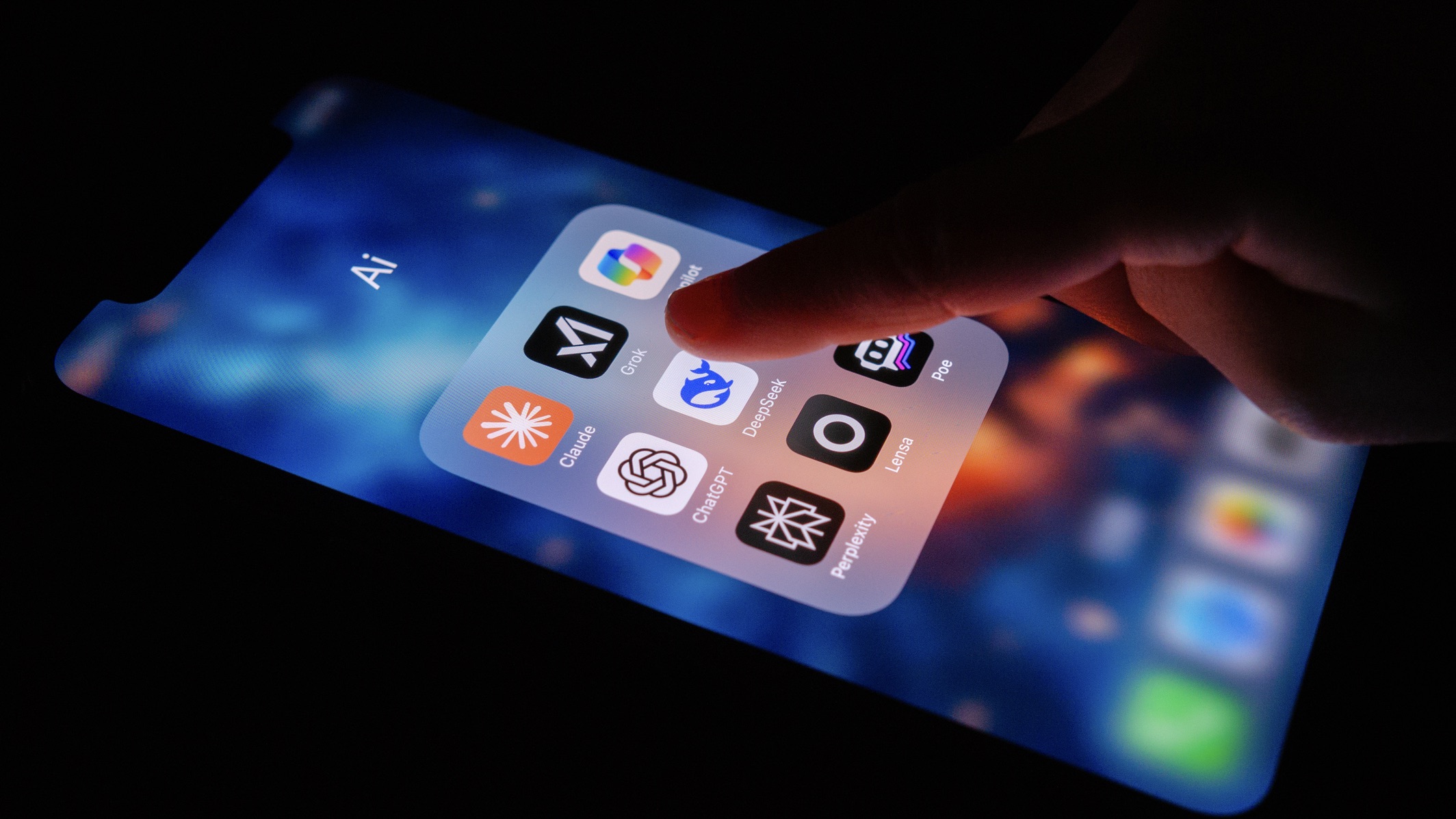Ready, set, gone: why popups, freezing, and tiny text are causing millions of app users to jump ship and abandon businesses
Forget fancy designs - people want simple, glitch-free apps that work

- Report finds users aren’t loyal to apps - they abandon brands fast when the user experience breaks down
- Bad popups aren’t harmless annoyances, they’re silent customer killers your analytics might be missing
- Half of users ignore popups completely, and older users are tuning them out the most
In the fast-paced world of digital products, expectations are high, patience is limited, and brands invest heavily in aesthetics, sleek interfaces, and gamified user journeys. Yet, what actually drives users away is often much simpler, and far more damaging.
Research from Amplitude has claimed intrusive popups, frequent crashes, tiny unreadable text, and unclear privacy settings are now major tipping points that prompt users to delete apps altogether.
Some developers argue that popups are a necessary evil for monetization, but as the report found, customer behavior tells a different story.
Popups are intrusive and mostly poorly executed
Over half of app users (54%) ignore popups entirely, and only 46% have ever responded to one. Engagement varies dramatically across generations, with 53% of Gen Z users saying they’ve acted on a popup, compared to just 17% of Boomers.
“This is a clear signal that people want popups that are better timed, less intrusive, and more relevant to their unique needs - and this is especially important for older generations,” said Lee Edwards, Vice President, EMEA at Amplitude.
The data suggests that popups are not inherently ineffective; rather, they’re often mistimed, disruptive, or irrelevant, as poorly placed promotions erode trust instead of driving conversions.
But it’s not just about popups. When apps glitch or freeze, the consequences are immediate. Over a third (35%) of users will abandon an app within minutes of it malfunctioning, while 10% won’t even give it that long.
Sign up to the TechRadar Pro newsletter to get all the top news, opinion, features and guidance your business needs to succeed!
User loyalty is rare: only 16% of users bother to report problems or contact support, while 58% simply leave, never to return.
Beyond bugs, poor design choices add to user frustration. Nearly half (45%) of users who’ve encountered flawed design say it made them feel “enraged,” with the number rising to 59% among Millennials and Gen Z.
Small text, forced account creation, and confusing navigation all contribute to the problem - notably, older users are especially frustrated by illegible text, an issue made worse when designers optimize exclusively for modern devices, without considering accessibility on older or smaller screens.
What users overwhelmingly want is reliability. An eye-catching app is meaningless if it can’t deliver a stable experience - and in fact, 85% of users prefer a plain-looking app which works consistently over a beautiful one that breaks.
To stay relevant, apps must earn their place on a user’s device, there is no room for mediocrity. Even promising concepts like “super apps,” which combine messaging, shopping, banking, and more, appeal to just 41% of users.
Ultimately, brands hoping to build loyalty must go beyond analytics dashboards and deeply examine how real users interact, where they struggle, and why they leave.
You might also like
- These are the best VPN with antivirus solutions available now
- Take a look at our pick of the best password managers
- ‘Mission: Impossible – The Final Reckoning’ gets surprise guest appearance: a revolutionary 360TB silica storage media

Efosa has been writing about technology for over 7 years, initially driven by curiosity but now fueled by a strong passion for the field. He holds both a Master's and a PhD in sciences, which provided him with a solid foundation in analytical thinking.
You must confirm your public display name before commenting
Please logout and then login again, you will then be prompted to enter your display name.